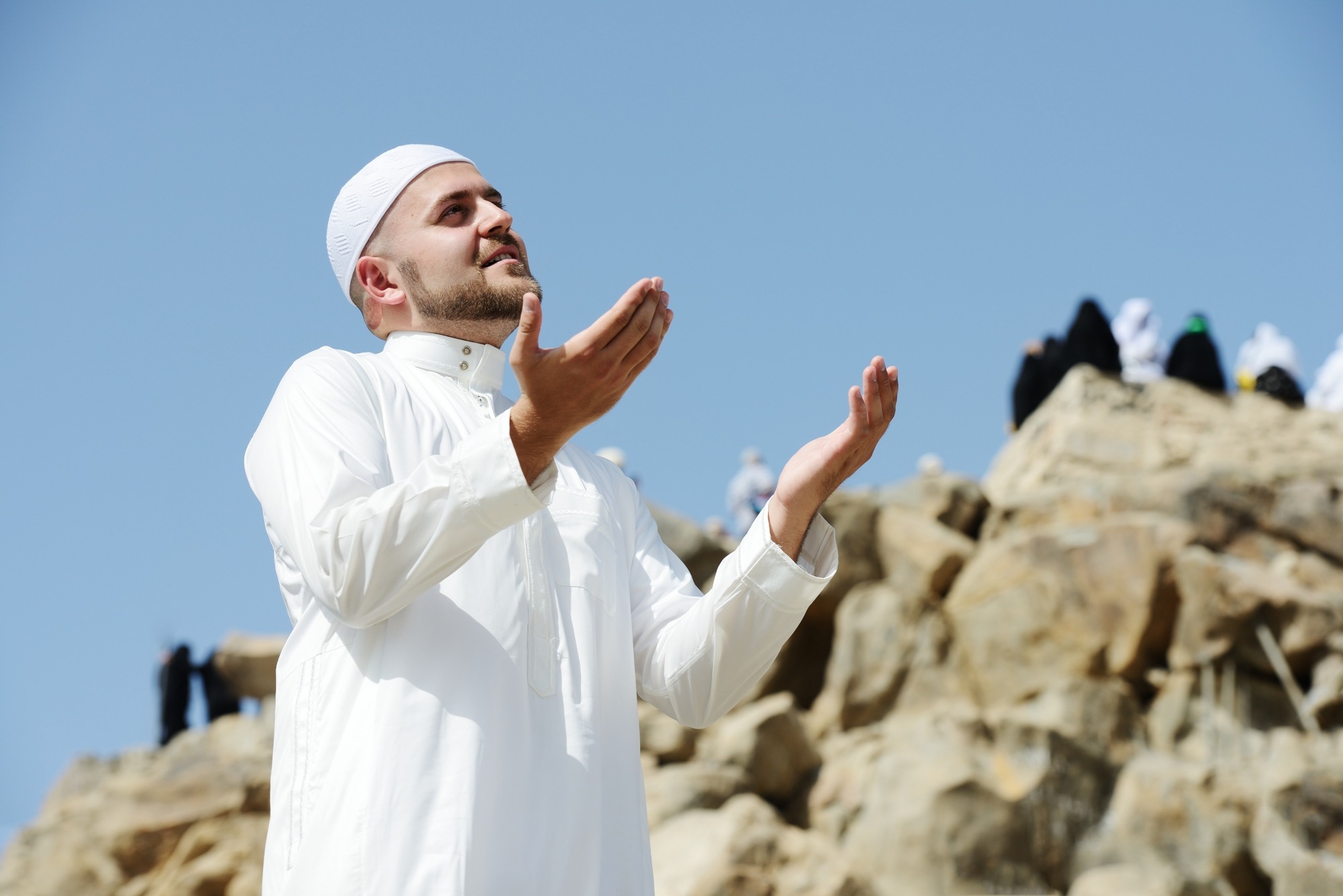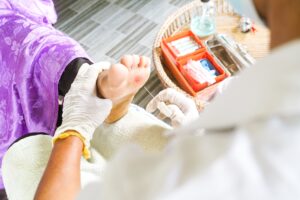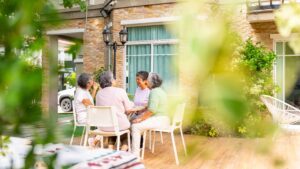Hajj is an annual Islamic pilgrimage to Mecca in Saudi Arabia, the most holy city for Muslims. It is a religious duty that adult Muslims are expected to carry out at least once in their lifetime. In 2018, more than 2.3 million pilgrims performed the Hajj. As this is a huge event where many people from all over the world congregate, it is possible for an outbreak of disease to occur.
Hajj is performed by adult Muslims and a lot pilgrims are elderly. Harsh weather and crowded conditions could cause ill health among the elderly and other pilgrims who are immunocompromised. Here are some simple tips for before and during Hajj to help keep you healthy!
BEFORE HAJJ
Check with the Ministry of Health of Saudi Arabia to see which vaccines are recommended to get when visiting. If you’re unsure, you can always ask a medical practitioner. According to the Embassy of the Kingdom of Saudi Arabia, here are some health regulations that are for Hajj pilgrims and Umrah performers to follow:
- Yellow fever vaccination must be administered no less than 10 days and at most 10 years before arrival at the border.
- Meningococcal meningitis vaccination must be administered no less than 10 days and no more than 3 years before arrival.
- Poliomyelitis vaccination should be administered and for visitors who are under the age of 15 years old, irrespective of previous immunisation history, they will receive 1 dose of oral polio vaccine at border points.
- It is recommended for visitors especially pregnant women, children under 5 years old, elderly and people with health conditions such as HIV/AIDS, asthma and chronic heart or lung diseases, to get vaccinated against seasonal influenza.
Things to note include, Saudi Arabia doesn’t allow any fresh food into the country. Only canned or properly sealed food or food stored in easy to inspect containers are allowed.
For more information on vaccinations and other requirements for Hajj or Umrah, check this website: www. saudiembassy.net/hajj-and-umrah-health-requirements.
MERS-COV
In recent years, there was an outbreak of MERS-CoV (Middle East Respiratory Syndrome Coronavirus) which is a viral respiratory disease which causes diseases ranging from the common cold to Severe Acute Respiratory Syndrome (SARS). Typical symptoms include fever, cough and shortness of breath. It is also common to have pneumonia.
It was found that this virus is transmitted from animals to people, namely camels. People are infected through contact with infected camels or infected people. There is currently no vaccines or specific treatments for MERS-CoV so it is imperative to prevent infection in the first place.
Precautions include practicing general hygiene measures especially after visiting farms, markets or places where camels and other animals are present. These include regular hand washing before and touching animals along with avoiding contact with sick animals.
Avoid consuming raw or undercooked animal products such as milk and meat because these carry a high risk of infection. Camel meat and milk are nutritious and can be consumed as long as they are pasteurised, cooked and heated appropriately.
It is advised for people with diabetes, renal failure, chronic lung disease and immunocompromised persons to avoid contact with camels, drinking raw camel milk or eating meat that isn’t cooked properly.
It is also advised to have a general health check up with your general practitioner before departure to ensure that you are at the peak of health.

This is especially for the elderly, those with underlying health problems and pregnant women. For female pilgrims who want to delay menstruation, speak to your doctor as well who will be able to prescribe hormonal therapy.
DURING HAJJ
Yes, you’ve cleared your health checklist before departure but you still need to remain vigilant when it comes to your health. Travelers diarrhoea can still occur and it is more severe in young children and the elderly because it can cause dangerous levels of dehydration. Drink only bottled water or boiled water and insist on eating food that’s been cooked through.
The temperature in Saudi Arabia can get really high and there is a risk of sunburn, sun stroke, heat exhaustion, heat stroke and dehydration. Drink plenty of water and if you need to walk outside, do use an umbrella. Additionally, do wear proper footwear because the sand in the desert can get very hot!
The most important thing to remember is that if you’re perfectly healthy, you’ll be able to perform your Hajj optimally. For any queries, please do check with your doctor or pharmacist for their recommendation. Good luck!
Reference: NHS (National Health Service) UK; The Embassy of the Kingdom of Saudi Arabia.











